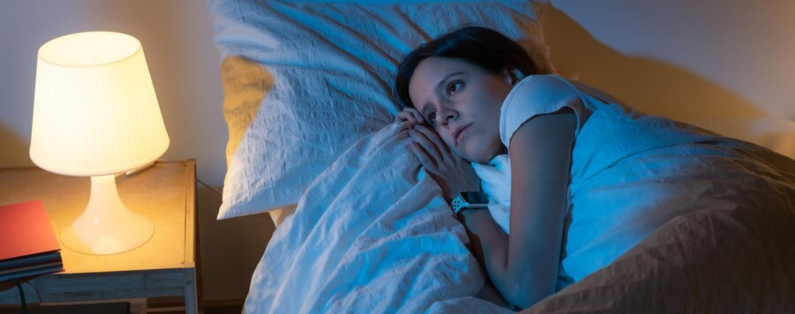Harmony Disrupted: Navigating Circadian Rhythm Sleep-Wake Disorders
Circadian Rhythm Sleep-Wake Disorders (CRSWD) represent a category of sleep disorders that stem from a misalignment between an individual's internal body clock and the external cues that regulate the sleep-wake cycle. This misalignment can lead to a variety of symptoms, affecting not only nighttime sleep but also daytime functioning. Understanding the intricacies of CRSWD is essential for those seeking to regain control over their sleep patterns and overall well-being.

The hallmark circadian rhythm sleep-wake disorder symptoms involve difficulties falling asleep, staying asleep, or experiencing restorative sleep during the typical sleep hours. Individuals with CRSWD may find themselves wide awake during the night or struggling to stay alert during the day, despite having had a full night's sleep. These disruptions can result in significant impairment in daily functioning and a pervasive sense of fatigue.
Examples of circadian rhythm sleep-wake disorder symptoms include Delayed Sleep Phase Syndrome (DSPS), where individuals have difficulty falling asleep until the early morning hours and consequently struggle to wake up at socially acceptable times. In contrast, Advanced Sleep Phase Syndrome (ASPS) involves an earlier-than-desired sleep onset and waking up in the early morning hours.
The prevalence of CRSWD varies, with different subtypes affecting different age groups and populations. Shift Work Sleep Disorder, for instance, is prevalent among those who work non-traditional hours, such as night shifts or rotating shifts. Adolescents and young adults are more prone to Delayed Sleep Phase Syndrome, while older adults may experience Advanced Sleep Phase Syndrome.
Addressing circadian rhythm sleep-wake disorder symptoms often requires a multi-faceted approach. Light therapy, which involves exposure to bright light at specific times of the day, can help reset the internal body clock. Timed melatonin supplements may also be recommended to facilitate sleep onset or adjustment of sleep-wake times.
Establishing a consistent sleep schedule, optimizing the sleep environment, and adopting healthy sleep hygiene practices are integral components of circadian rhythm sleep-wake disorder treatment. Behavioral interventions, such as cognitive behavioral therapy for insomnia, can be beneficial in restructuring maladaptive sleep patterns.

In conclusion, Circadian Rhythm Sleep-Wake Disorders encompass a spectrum of challenges, disrupting the natural ebb and flow of the sleep-wake cycle. Understanding the diverse circadian rhythm sleep-wake disorder symptoms and implementing tailored interventions is essential for reclaiming control over sleep patterns and promoting overall well-being. By addressing the root causes and adopting strategies to synchronize the internal body clock, individuals can navigate the complexities of CRSWD and embark on a journey toward restful and rejuvenating sleep.